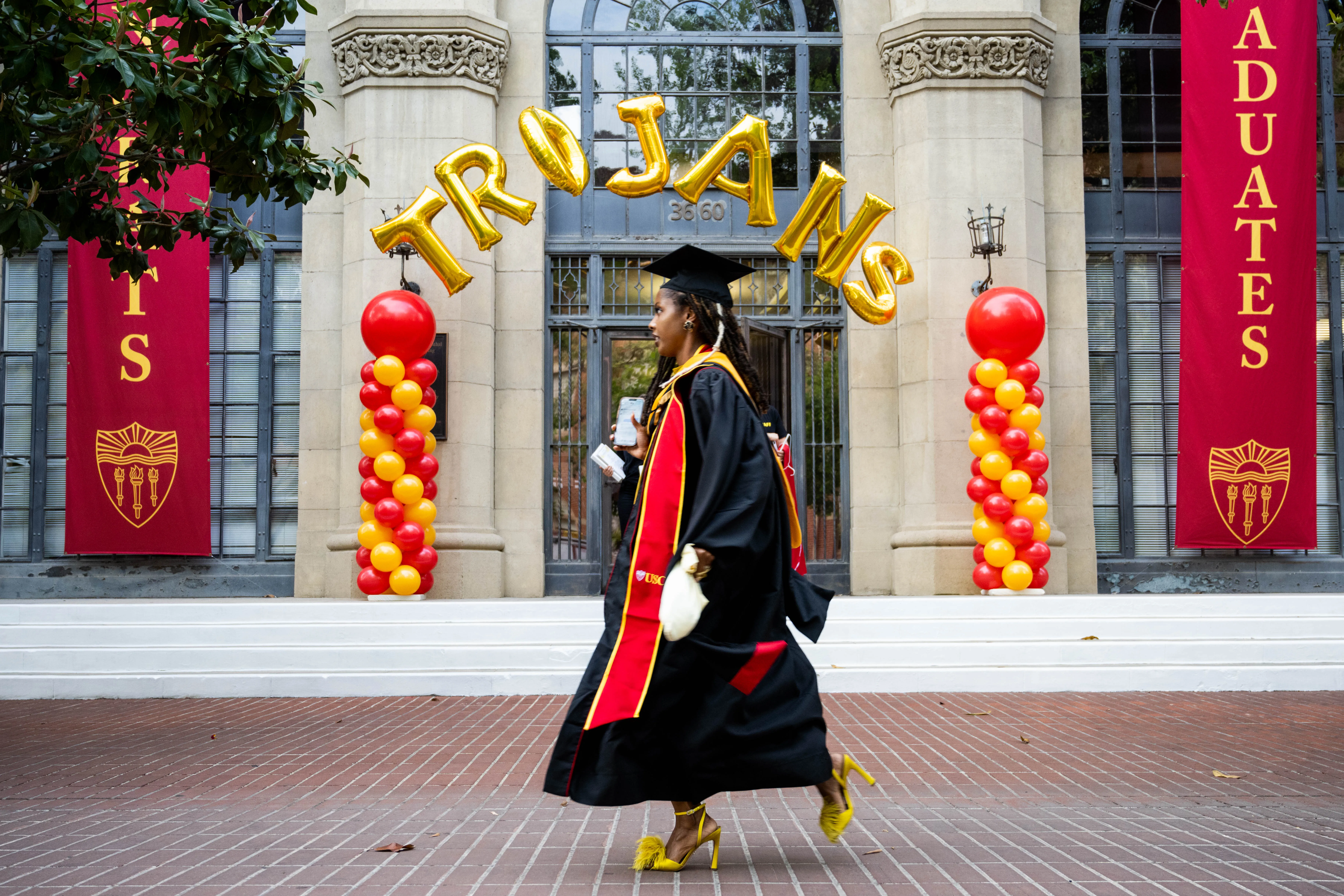The governor and state legislators will begin scrambling Wednesday to find ways of trimming a massive budget deficit now that voters have rejected a series of financial ballot propositions, and local officials were bracing for anticipated slashes in state funding.
Voter Turnout at Car Wash: High
Voters on Tuesday soundly defeated Propositions 1A through 1E, which Gov. Arnold Schwarzenegger touted as critical tools to prevent the state's budget gap from growing even larger.
The only proposition to win on Tuesday was 1F, which prevents the governor, lawmakers and other state officials from getting pay raises any time the state has a budget deficit.
"Tonight we heard from the voters and I respect the will of the people who are frustrated with the dysfunction in our budget system," Schwarzenegger said. "Now we must move forward from this point to begin to address our fiscal crisis with constructive solutions.
"We face a staggering $21.3 billion deficit and in order to prevent a fiscal disaster, Democrats and Republicans must collaborate and work together to address this shortfall. The longer we wait, the worse the problem becomes and the more limited our choices will be."
Assembly Speaker Karen Bass, D-Los Angeles, said the propositions' failure meant some rough days ahead for the Legislature.
"I hope the bipartisan cooperation between the Legislature and the governor that went into this effort will continue as we move forward -- the people of California clearly expect us to work together to get the job done," Bass said. "And we will."
Meanwhile, Los Angeles city officials were already preparing for the defeat of the measures and the anticipated further reductions in money coming from the state into Los Angeles' coffers. Los Angeles officials estimated that the city could take a $120 million hit from the propositions' defeat.
City Councilman Jose Huizar introduced a resolution Tuesday calling for federal legislation that would guarantee loans for California cities or states that need to sell bonds to balance their budgets.
Councilman Bernard Parks, chair of the council's Budget and Finance Committee, also introduced a motion to convene a special meeting of the panel to evaluate the city's options to resolve the potential deficit created by the outcome of the election.
Parks said the city will need to issue a bond to make up for the money it will lose thanks to the defeat of the propositions.
Los Angeles' credit rating is high enough to sell a bond, however, an increasing amount of debt and the lack of a "rainy day" fund may make the city's interest payments higher than on previous bonds, he said.
Without a bond, the city would need to lay off employees.
"The city and the state are going to have to do something structural in their budgets to begin to live on the money they have coming in versus the money that they're borrowing," he said. "Our city and state are both in jeopardy of putting us into bankruptcy because we cannot continue to live on this borrowed money and borrowed time."
Villaraigosa was scheduled to discuss the propositions' impact on the city budget Wednesday morning outside a downtown fire station. Los Angeles Unified School District officials, who are already expecting to lay off thousands of employees to resolve a budget deficit of its own, are also expected to respond to the defeat.
The two most crucial propositions on Tuesday's ballot were considered to be 1A and 1B.
Schwarzenegger last week released two revised budget proposals -- based on whether or not the propositions pass. Even if the propositions were approved, the state would have still faced a roughly $15 billion budget deficit. With the propositions failing, the deficit is expected to balloon to more than $21 billion.
Both budgets called for cuts to education, social services and corrections, withholding money for local governments, layoffs for thousands of state workers and possibly selling off some state assets, including the Los Angeles Memorial Coliseum.
With 100 percent (17,393 of 17,393) precincts partially or fully reporting:
| Proposition Title | Yes Votes | % | No Votes | % | |
|---|---|---|---|---|---|
| N | 1A "Rainy Day" Budget Stabilization Fund | 1,327,400 | 34.1% | 2,555,519 | 65.9% |
| N | 1B Education Funding. Payment Plan. | 1,452,535 | 37.4% | 2,421,906 | 62.6% |
| N | 1C Lottery Modernization Act | 1,368,222 | 35.4% | 2,493,770 | 64.6% |
| N | 1D Children's Services Funding | 1,324,252 | 34.2% | 2,536,657 | 65.8% |
| N | 1E Mental Health Funding | 1,292,437 | 33.6% | 2,549,361 | 66.4% |
| Y | 1F Elected Officials Salaries | 2,859,122 | 73.9% | 1,010,457 | 26.1% |
Local
Get Los Angeles's latest local news on crime, entertainment, weather, schools, COVID, cost of living and more. Here's your go-to source for today's LA news.
Propositions on the Special Election Ballot:
Proposition 1A: The "Rainy Day Budget Stabilization and Accountability Act" would extend the state's temporary 1-cent sales tax increase for a year and prolong the vehicle license fee and personal income tax hikes for another two years, generating an estimated $16 billion. The proposition would also increase the size of the state's Budget Stabilization ("rainy day") Fund from 5 percent to 12.5 percent of the General Fund, and it gives the governor the power to make midyear spending cuts when revenues fall short of projections.
Proposition 1B: The proposition would only go into effect if 1A passes. It would transfer 1.5 percent of the state's estimated revenues each year into a fund for schools and community colleges, until $9.3 billion has been deposited in that fund. The $9.3 billion represents funds previously withheld from local school districts and community colleges, and the state would not start repaying the money until 2011-12.
Proposition 1C: It's called the Lottery Modernization Act. It would allow the state to borrow $5 billion against future lottery revenue to address the current budget deficit.
Proposition 1D: The "Children's Services Funding" proposition. It would redirect money from the tobacco tax to children's health and social services, while Proposition 1E would take money from the Mental Health Services Act to pay for children's health programs and allow other funds to be used for helping balance the state budget.
Proposition 1F: The governor, lawmakers and other state officials could not get a pay raise any time the state has a budget deficit. Proposition 1F was the only one that was ahead in the polls, with the support of more than 70 percent of voters.



